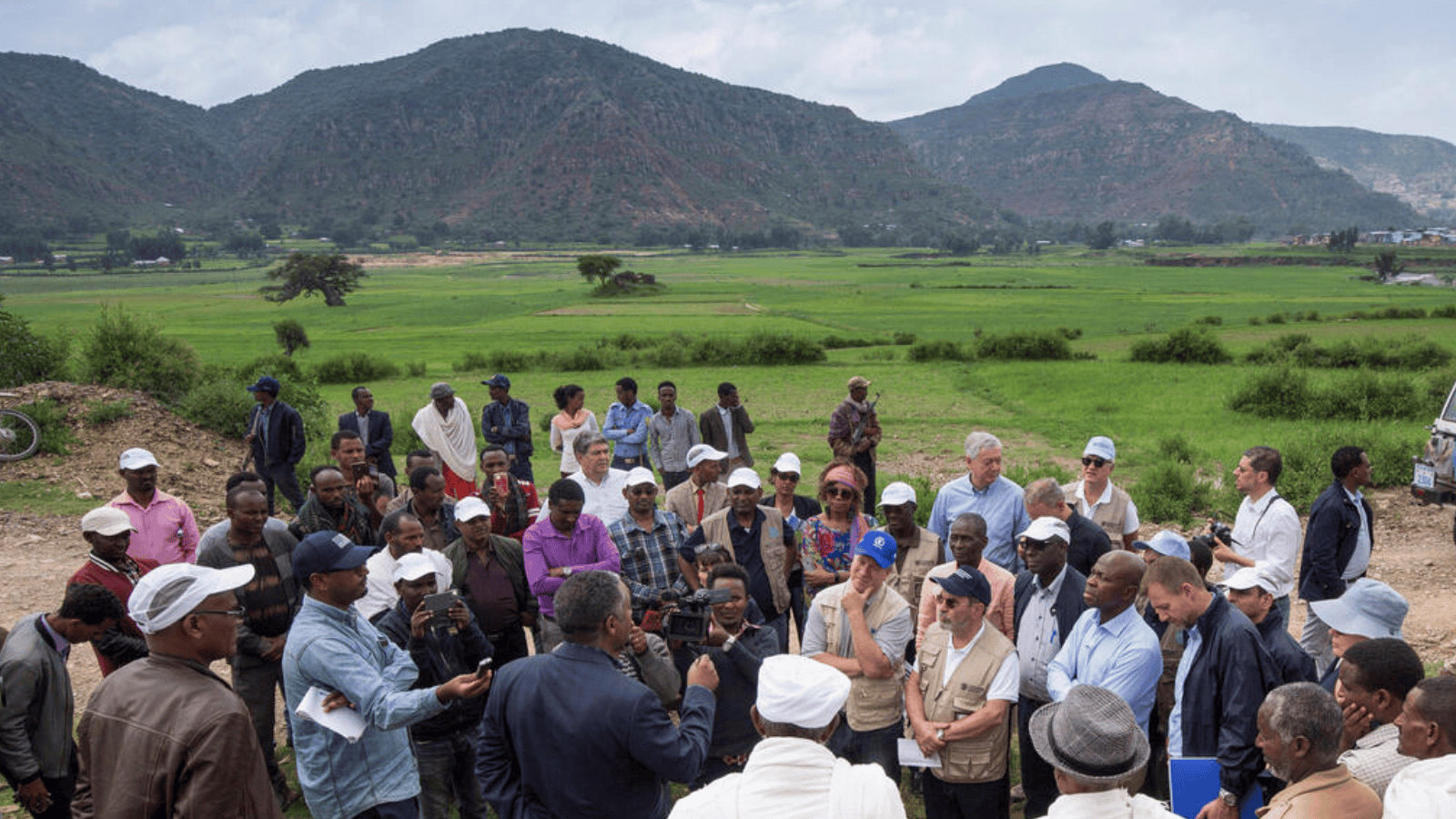Strengthening national governance to accelerate food systems transformation
07/07/2025

©FAO/IFAD/WFP/Petterik Wigger
Webinar | 07 July 2025 | 13:30 to 14:30 (CEST)
The policy brief Strengthening National Governance for Accelerating Food Systems Transformation, soon to be published under the leadership of Professor Shenggen Fan and endorsed by the Scientific Advisory Committee (SAC) of the UN Food Systems Coordination Hub, provides a comprehensive analysis of the crucial role national governance plays in turning global food systems commitments into tangible actions. The brief highlights that, despite growing international momentum since the 2021 UN Food Systems Summit, implementation has been uneven, with progress remaining fragmented across countries. In the lead-up to the 2nd UN Food Systems Summit Stocktake (UNFSS+4) and against the backdrop of urgent global goals on climate, biodiversity, and health, reinforcing national governance structures is essential to advance food systems transformation.
The upcoming webinar will present key insights and recommendations from the policy brief, encouraging dialogue on how national governance can be reimagined to deliver inclusive, rights-based, and systemic food systems policies. Participants will engage in discussions on cross-sectoral policy integration, institutional strengthening, local government empowerment, rights-based approaches, evidence-based policymaking, and sustainable financing. The event will also showcase experiences from countries innovating in governance, including Vietnam, Ethiopia, Ghana, and Bangladesh.
By convening policymakers, researchers, and practitioners, the webinar will foster exchanges aimed at enhancing policy coherence, participatory processes, and accountability, contributing to the evidence base and political momentum necessary for accelerated transformation. The discussion will feed into global policy processes such as UNFSS+4 and support national efforts to align food systems with the objectives of climate action, biodiversity conservation, and public health.
